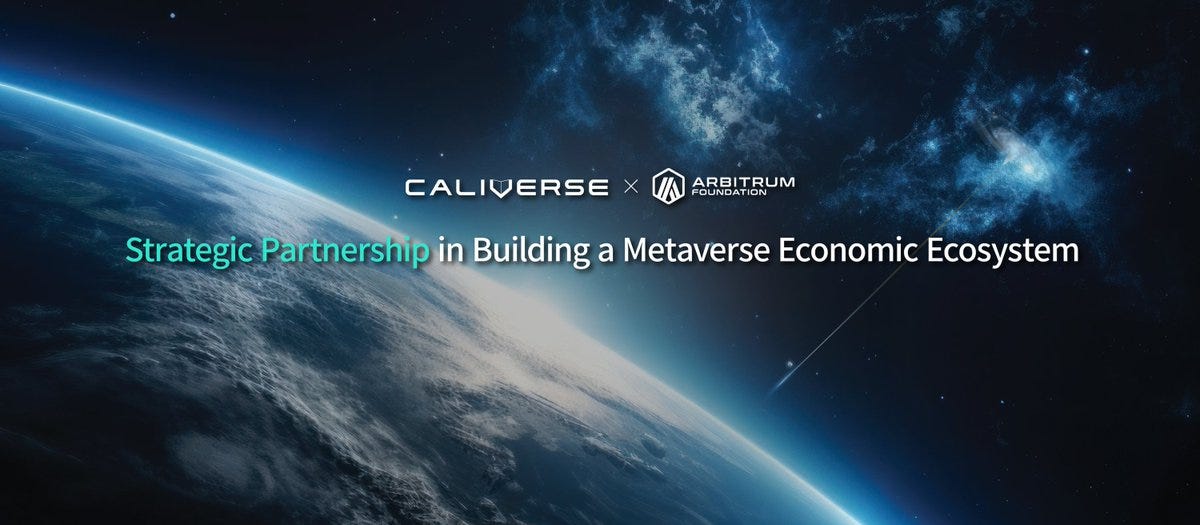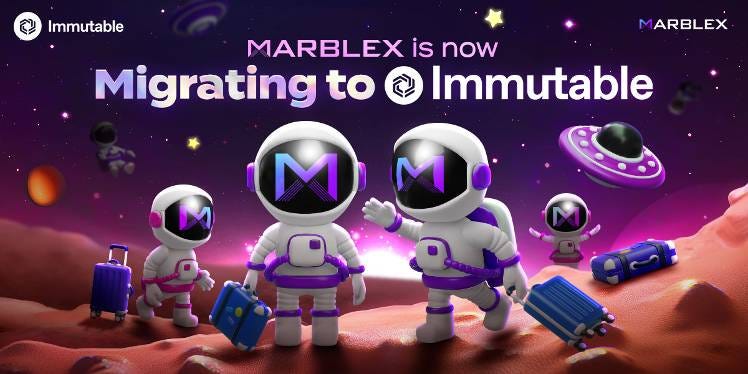
TL;DR
Global mainnets that entered the South Korean market early remain highly active, positioning themselves strongly around entertainment IPs, particularly in the gaming sector.
This year, mainnet projects like Arbitrum, Monad, Story, and Scroll are rapidly expanding their presence in Korea, each employing unique strategies focused on community building, education, and strategic partnerships to grow their ecosystems.
While the Korean market is indeed attractive, a deep understanding of its language, culture, and regulatory environment is crucial. Collaborating with a local partner from the outset is essential to successfully navigating and entering the market.
1. Introduction

Since 2022, global blockchain mainnets have pursued the Korean market by appointing local representatives and forming partnerships with Korean companies. Notable blockchain networks, including Avalanche which announced its official entry into Korea by appointing a business development lead in 2021, along with Solana, Polygon, Aptos, and Astar, have made significant inroads into the Korean market.
However, the rapidly evolving Web3 industry has led to shifts in some of their strategies. This report aims to examine whether these mainnets remain committed to the market and to identify any newly emerging mainnets at this time. Through this analysis, we seek to provide insights into how these mainnets are navigating opportunities and crafting their strategies in the Korean market.
2. The Current State of Mainnets Expanding in Korea
2.1. Shifting focus to project onboarding
Global blockchain mainnets that entered the Korean market early are now beginning to show tangible results. Moving beyond simple partnerships with Korean companies, these networks are focusing on business development efforts to onboard high-quality projects.
For example, Avalanche has successfully onboarded Nexpace's "MapleStory N" onto its subnet, creating a noteworthy case of integration. Additionally, Avalanche continues to strengthen its ecosystem by incorporating SK Planet's NFT membership Platform, "Road to Rich," further expanding its influence in Korea.
Arbitrum, which hired a Head of Korea in 2023, recently established the Arbitrum Korea Community to solidify its ecosystem base. The network has partnered with Delabs to onboard their Web3 games onto Arbitrum and has also integrated Lotte Group’s metaverse platform, Caliverse, signaling a serious commitment to energizing the Korean ecosystem.
Immutable is strengthening its partnership with Web3 gaming company Marblex, Aptos is onboarding Supervillain labs, and Polygon has successfully completed an NFT-based eco-friendly project in partnership with Starbucks Korea. These cases demonstrate that blockchain mainnets are not only forming partnerships but are also creating substantial, real-world use cases in the Korean market.
2.2. Waiting for the right moment, or falling behind in the competition?
While some mainnets are gradually onboarding projects within their respective domains, others have taken a more passive stance. For instance, Near Protocol hasn't seen any notable activity outside of partnerships and event hosting since the establishment of the Near Korea hub. Similarly, other mainnets have largely maintained surface-level partnerships without deeper engagement. Additionally, networks like Oasys have lost momentum in the Korean market, partly due to the departure of key business development personnel.
3. Global Blockchain Mainnets Entering the Korean Market in 2024
In 2024, global mainnets continue to make their mark on the Korean market, each with their own approach. These efforts include building robust communities, conducting training sessions, organizing events, and raising awareness, all while seeking ecosystem partners to establish a strong foothold. In this chapter, we will explore the mainnets that have recently begun expanding their ecosystems in South Korea and delve into their ongoing activities.
3.1. After all, Web3 starts with the community
Community is the cornerstone of any Web3 project, and it is no exception for mainnets entering the Korean market.

Arbitrum, for example, has established a local community called Arbitrum Korea to facilitate its expansion into South Korea. Arbitrum Korea actively engages ambassadors and local partners to strengthen its presence. These ambassadors play a crucial role by translating Arbitrum's ecosystem updates into Korean and distributing them across key channels. They also organize events, such as Twitter Spaces with prominent figures in Korea, to boost awareness and engagement within the Korean market.

Additionally, Arbitrum has launched a dedicated Telegram channel specifically for Korea to disseminate ecosystem news and interact with community members. This channel has attracted not only blockchain developers but also investors eager to stay informed about mainnet developments. These initiatives are designed to overcome the barriers posed by language differences, cultural nuances, and varying search engine platforms across countries, thereby fostering greater participation in the ecosystem.
3.2. Expanding the Ecosystem Through Education and Events
There are many different kinds of blockchain technologies within the Web3 industry, all with different structures. The degree of difference varies, but in many cases, the dynamics are completely different due to the structure of the infrastructure or the programming language used. This results in a fragmented ecosystem of developers, which makes the overall development of the ecosystem and the process of onboarding companies and projects into the ecosystem a huge challenge.

Global mainnets have increasingly acknowledged the critical role of education in developing a robust blockchain ecosystem. In this context, Near Protocol has formed strategic partnerships with 12 blockchain societies across Korea to facilitate educational initiatives and hackathons. Similarly, Arbitrum Korea has organized workshops in collaboration with blockchain societies at Korea University and Yonsei University, aiming to enhance student understanding of Arbitrum's technology. These efforts reflect the strategic significance of the Korean market, which extends beyond its potential as a retail investment landscape. The focus on nurturing and attracting high-quality talent underscores Korea's pivotal role in the broader blockchain ecosystem. By investing in educational and community-building activities, these mainnets are effectively laying the groundwork for ecosystem growth and innovation.
3.3. Ecosystem Partners
Global mainnets are not only focusing on training their own developers but are also strategically expanding their ecosystems through partnerships with local companies. For instance, Monad has collaborated with Neowiz's Intellar X to strengthen its presence in the Pacific market, including South Korea. Similarly, Arbitrum has joined forces with the Korean-based Web3 gaming company Delabs to facilitate the onboarding of gaming projects, further enhancing its ecosystem. These partnerships show a targeted approach to market expansion by leveraging local expertise and industry-specific collaborations.

As such, mainnets are leveraging strong local partners to expand their markets. Especially in the Korean market, they are focused on building partnerships with promising game companies. In addition, they are expanding their ecosystems by collaborating with infrastructure providers such as local wallets and validators. These collaborations help to mitigate cultural and social barriers, enabling mainnets to enter the market more swiftly and effectively.
4. Conclusion
As of 2024, the Web3 sector in South Korea has experienced a deceleration due to the implementation of the Virtual Asset User Protection Act and stagnation in Security Token Offering (STO) regulations. Despite these regulatory challenges, South Korea remains an attractive market due to its significant liquidity and a highly skilled pool of developers. Various mainnets are still maintaining a steady market presence and pursuing various entry methods into the Korean market.
4.1. Steps to Successful Market Entry
Global mainnets commonly start by hiring Korean representatives and raising awareness through events and educational programs. Then, based on the accumulation of market presence, they create practical examples through cooperation with major local partners. Another key feature is that they focus on content-oriented projects and collaborations. This seems to be a characteristic of the Korean market, which has a well-developed intellectual property sector, including games, manga, novels, and idols.
4.2. Key Points for Successful Korean Market Penetration
For effective operation expansion in South Korea, most global mainnets often employ local representatives. However, challenges can arise when representatives are responsible for broader Asian markets or lack familiarity with the Korean language and culture. The rapid economic development and unique market characteristics of Korea necessitate representatives with a profound understanding of local culture and fluency in Korean.
Additionally, it is important to navigate the changing landscape of cryptocurrency regulations and the associated political and social dynamics. For successful market entry and establishment, early collaboration with a knowledgeable local partner who is well-versed in Korean culture, industry specifics, and regulatory frameworks is highly recommended.
🐯 More from Tiger Research
Read more reports related to this research.Disclaimer
This report has been prepared based on materials believed to be reliable. However, we do not expressly or impliedly warrant the accuracy, completeness, and suitability of the information. We disclaim any liability for any losses arising from the use of this report or its contents. The conclusions and recommendations in this report are based on information available at the time of preparation and are subject to change without notice. All projects, estimates, forecasts, objectives, opinions, and views expressed in this report are subject to change without notice and may differ from or be contrary to the opinions of others or other organizations.
This document is for informational purposes only and should not be considered legal, business, investment, or tax advice. Any references to securities or digital assets are for illustrative purposes only and do not constitute an investment recommendation or an offer to provide investment advisory services. This material is not directed at investors or potential investors.
Terms of Usage
Tiger Research allows the fair use of its reports. ‘Fair use’ is a principle that broadly permits the use of specific content for public interest purposes, as long as it doesn't harm the commercial value of the material. If the use aligns with the purpose of fair use, the reports can be utilized without prior permission. However, when citing Tiger Research's reports, it is mandatory to 1) clearly state 'Tiger Research' as the source, 2) include the Tiger Research logo(Black/White). If the material is to be restructured and published, separate negotiations are required. Unauthorized use of the reports may result in legal action.













